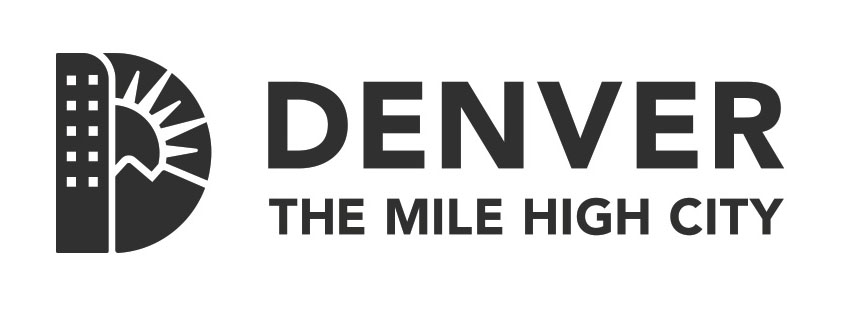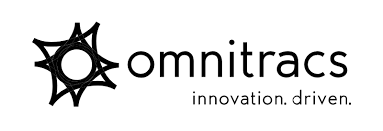Understand the true performance of your Identity Governance and Administration (IGA) programme.
Is your Identity Governance and Administration (IGA) delivering measurable business value? Take our value assessment to find out.
back btn







Your Identity
Security Partner
Delivering identity services that strengthen security, simplify operations, and demonstrate measurable value.
TRUSTED BY IDENTITY SECURITY LEADERS GLOBALLY
WHO ARE WE
Your Identity Security Safety Net, Without the Complexity.
Manual processes, complex integrations, audit stress, limited resources and a fast-paced technology landscape can make identity security a constant struggle. ProofID provides the expertise and support to protect every identity — workforce, customer, partner and non-human — delivering security, compliance, automation and a seamless experience.
Key benefits

SECURITY
Continually Secure Your Organisation
Protect workforce, customer and partner identities — plus non-human accounts — against evolving threats.

COMPLIANCE
Ensure Audit Readiness
Eliminate compliance stress with identity systems designed to meet regulations across all identity types.

MODERNISATION
Automate and Centralise Identity
Replace manual processes and legacy systems with automated solutions that scale across every identity.

EXPERIENCE
Balance Security With Usability
Deliver seamless, secure access for employees, partners and customers — without compromising protection.
.svg)
.svg)














OUR CORE SERVICES
Identity Advisory
Identity Advisory
Get strategic guidance, best practices and maturity assessments to build a clear roadmap for identity security success.
Professional Implementation
Professional Implementation
Deploy, integrate and optimise leading identity platforms with proven expertise in complex enterprise environments.
Run & Support
Run & Support
Rely on our managed services and on-demand experts to keep your identity security running smoothly, every day.
Customer stories
Tesco Bank
Delivering better customer experiences and more secure services for millions of UK banking customers - all within PSD2 compliance requirements.
Banking & Finance
Customer Identity
.svg)
Customer stories
University of Chichester
How leading IGA technology and expert support helped the UK higher education body remove the complexity from staff and student provisioning.
Education
Workforce Identity
Customer stories
World Wide Fund for Nature (WWF)
How federated single sign-on cut the complexity from application access for a global network of conservations, whether working locally or collaborating.
Non-Profit
Workforce Identity
.svg)
.svg)
CONTACT
Ready to Assess Your Identity Security Maturity?
Get a clear view of where you stand — and the steps to strengthen security, simplify processes and ensure compliance.










.jpg)

.jpg)